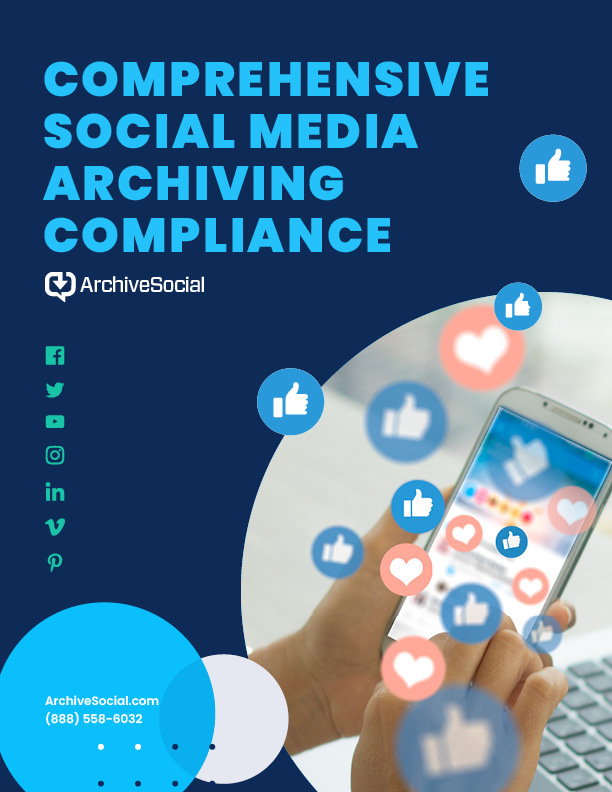 According to Murphy’s Law, anything that can go wrong, will go wrong. This adage is especially appropriate when the importance of the details is exaggerated, like while organizing public events or dealing with rocket science. And, as many a lawyer can attest, Murphy ’s Law is practically a given fact during the legal proceedings of a court case. Any potential twists or bumps while preparing for and arguing a case are expected to happen. Consequently, it is in the interest of all parties involved to be prepared for the unexpected. Unfortunately for a plaintiff in Gatto v. United Air Lines, his case suffered due to Murphy’s Law in action.
According to Murphy’s Law, anything that can go wrong, will go wrong. This adage is especially appropriate when the importance of the details is exaggerated, like while organizing public events or dealing with rocket science. And, as many a lawyer can attest, Murphy ’s Law is practically a given fact during the legal proceedings of a court case. Any potential twists or bumps while preparing for and arguing a case are expected to happen. Consequently, it is in the interest of all parties involved to be prepared for the unexpected. Unfortunately for a plaintiff in Gatto v. United Air Lines, his case suffered due to Murphy’s Law in action.
Facebook records and spoilation
The plaintiff in Gatto v. United Air Lines had his Facebook account deemed discoverable. However, when the defense accessed his Facebook account, the unknowing plaintiff received notification that an unfamiliar computer was logging in to his account. The plaintiff consequently deactivated his account for fear of having been hacked. However, once a Facebook account is deactivated for more than 14 days, all of the information is deleted from the page. The plaintiff deactivated his account for longer. The judge thus slapped the plaintiff with a “spoliation inference,” which hurt both the plaintiff’s credibility and overall chances of winning.
If social media records can be lost, they will be lost
As per Murphy’s Law, then, because the plaintiff failed to take and preserve records of his Facebook account, all of his Facebook records were lost forever. The plaintiff’s failure to actively keep records of his social media meant that the chance that they would be erased still was a real possibility. And, for the plaintiff, the realization of Murphy’s Law occurred at precisely the time that would be the most harmful to his case. Of course, this lesson applies beyond personal social media accounts. If a company or organization does not keep records of its social media, it means that if the records can be deleted, they just might be. So as social media continues to grow in importance during the eDiscovery phase of a court case, so does the importance of addressing Murphy’s Law head on.

